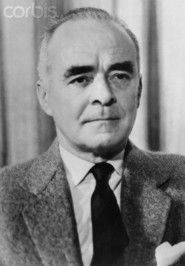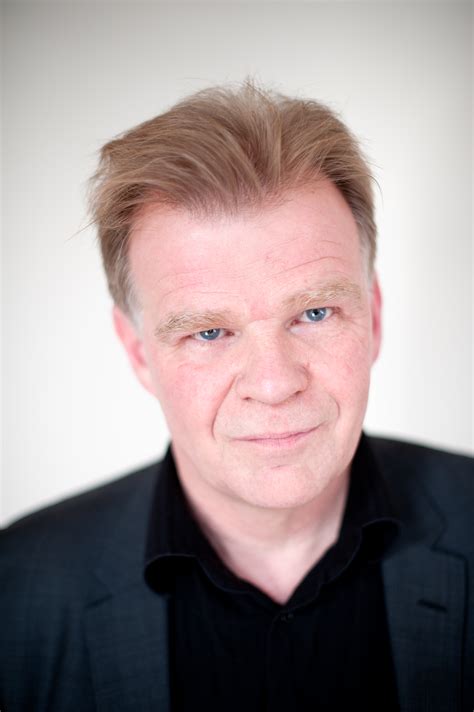A Quote by Charles Caleb Colton
He that places himself neither higher nor lower than he ought to do exercises the truest humility.
Related Quotes
Where there is Love and Wisdom, there is neither Fear nor Ignorance.
Where there is Patience and Humility, there is neither Anger nor Annoyance.
Where there is Poverty and Joy, there is neither Cupidity nor Avarice.
Where there is Peace and Contemplation, there is neither Care nor Restlessness.
Where there is the Fear of God to guard the dwelling, there no enemy can enter.
Where there is Mercy and Prudence, there is neither Excess nor Harshness.
Though neither happiness nor respect are worth anything, because unless both are coming from the truest motives, they are simply deceits. A successful man earns the respect of the world never mind what is the state of his mind, or his manner of earning. So what is the good of such respect, and how happy will such a man be in himself? And if he is what passes for happy, such a state is lower than the self-content of the meanest animal.
Humility is just as much the opposite of self-abasement as it is of self-exaltation. To be humble is not to make comparisons. Secure in its reality, the self is neither better nor worse, bigger nor smaller, than anything else in the universe. It is ? is nothing, yet at the same time one with everything. It is in this sense that humility is absolute self-effacement.
The cause of all the blunders committed by man arises from this excessive self-love. For the lover is blinded by the object loved; so that he passes a wrong judgment on what is just, good and beautiful, thinking that he ought always to honor what belongs to himself in preference to truth. For he who intends to be a great man ought to love neither himself nor his own things, but only what is just, whether it happens to be done by himself, or by another.
If one introspects and says with humility of heart: "I do not yet know the truth, but I have to find it" , then in time this humility may be rewarded and one may achieve one's ascent. If this happens, the persons attention comes into the center, neither on the left, nor on the right. That is, neither dominated by his conditionings from the past nor the orientations of his ambitious ego. Such a balanced person is very well suited for Self Realization, by which he will know the truth in its absolute form.
There is no hope for the world unless and until we formulate, accept and state publicly a true moral code of individualism, based on man's inalienable right to live for himself. Neither to hurt nor to serve his brothers, but to be independent of them in his function and in his motive. Neither to sacrifice them for himself nor to sacrifice himself for them.
Humility has nothing to do with depreciating ourselves and our gifts in ways we know to be untrue. Even "humble" attitudes can be masks of pride. Humility is that freedom from our self which enables us to be in positions in which we have neither recognition nor importance, neither power nor visibility, and even experience deprivation, and yet have joy and delight. It is the freedom of knowing that we are not in the center of the universe, not even in the center of our own private universe.




































